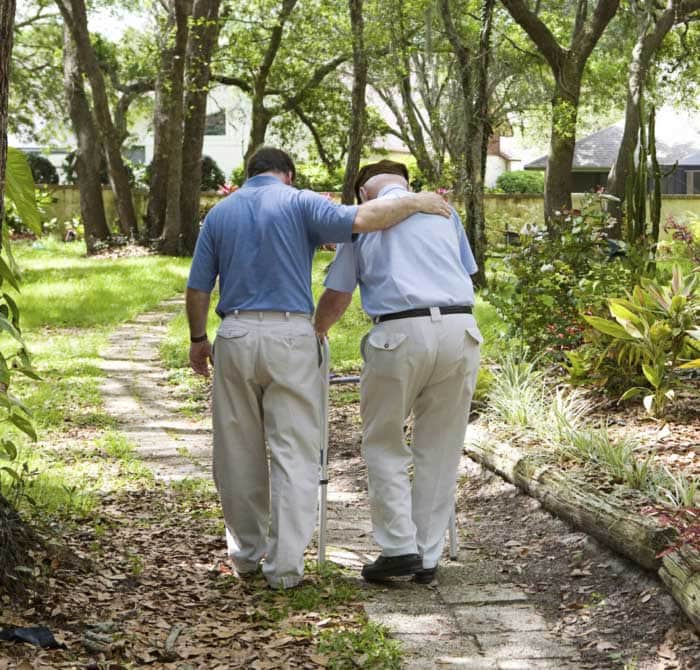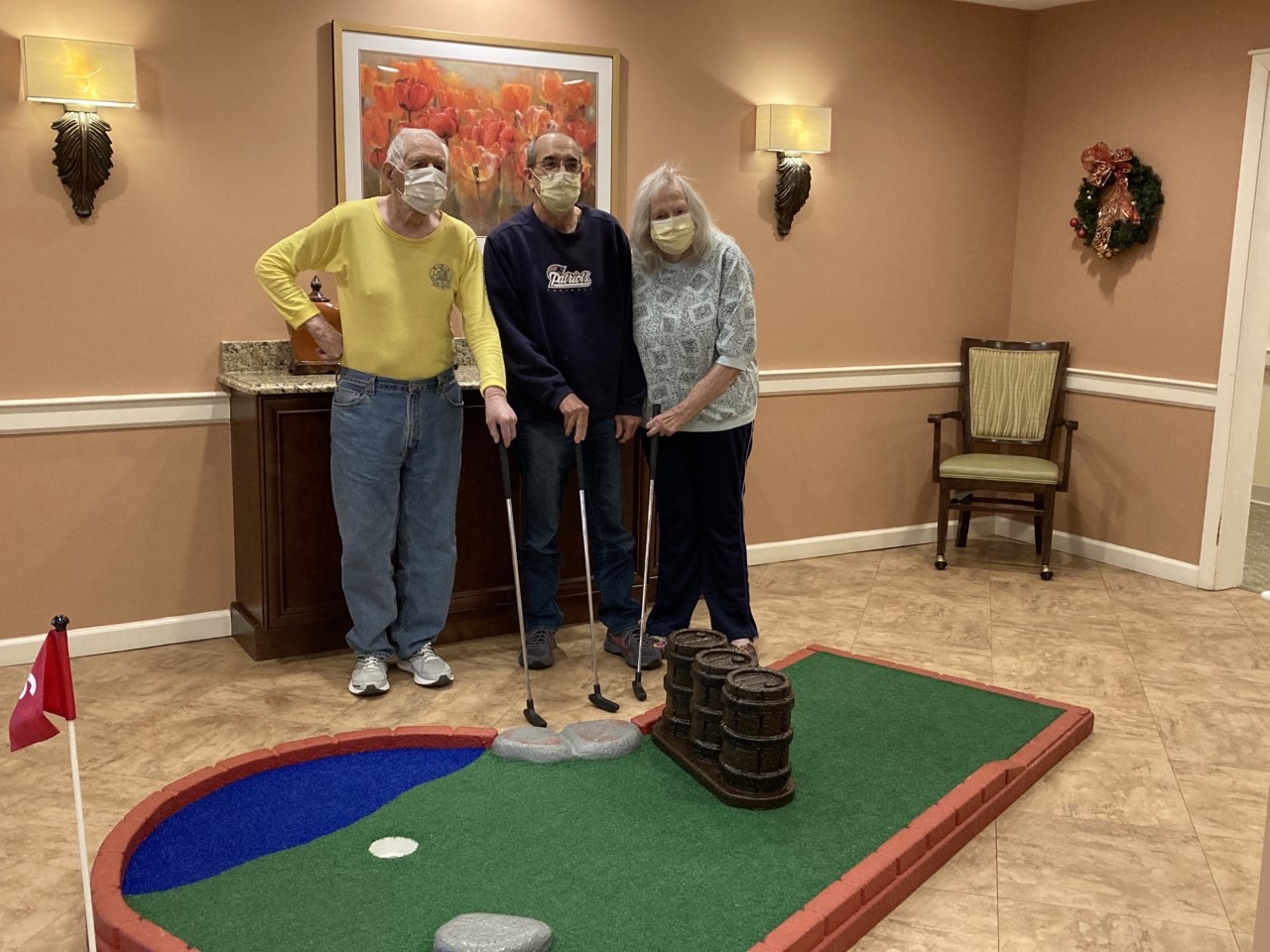When a friend asked me to be a speaker at a workshop on caregiving, I was surprised but I agreed to do it. After all, I had been working as a home health social worker for quite some time. Much of my work involved helping patients and their families cope with the effects of illness, and I could see the toll caregiving often took on individuals in that role.
Because I was early for the workshop, I used the time to review my notes, checking off key points. When I got to the question, “Who is a caregiver?” my head began to spin. I suddenly realized I was a caregiver in the fullest sense of the word.
Yes, I was a person working with and for patients in a variety of settings. Yes, a caregiver can be a nurse, an aide, a social worker or even support staff in the office. Many of us working in a health care setting tend to minimize the physical and emotional impact of the job because, well, because it’s the job.
Not only did I realize my job involved caregiving, but I realized when I got home at the end of the day, I was a caregiver there. My head was still spinning when I realized that I was also a long distance caregiver.
Here are examples of my roles as a caregiver:
- Taking care of someone who had a chronic illness or disease
- Managing medications or talking to doctors and nurses on someone’s behalf
- Helping to bathe or dress someone who is frail or disabled
- Taking care of household chores, meals, or bills for someone
- Making the decisions for my loved one
- Organizing care and support over the phone
Hopefully, by now you’re asking if you’re also a caregiver. Dictionaries and the Internet are filled with basic definitions and ideas about what it means to be a caregiver. In my mind, a caregiver is someone, paid or unpaid, who provides assistance to another person who cannot perform activities such as personal care, every day home management, or daily tasks on a regular basis. The person being cared for may only need this type of assistance for a short time or for the rest of their life. The caregiver can be in the person’s home or may be managing things from a distance.
Since that workshop many years ago, information about caregiving has exploded. Studies have been conducted on the role of the caregiver and on the physical and emotional effects of caregiving for both the care recipient and the caregiver.
What I have learned over the years is how quickly and easily a caregiver may begin to neglect caring for herself. I use the word “herself” because the majority of caregivers in the United States are women. The 2015 study by AARP Public Policy Institute and the National Alliance for Caregiving states that the “majority of caregivers are female (60%), but 40 percent are male. They are 49 years of age, on average.” The study goes on to address some of the stress caregivers face, including physical wellness, overall health, emotional status, and financial issues.
I still give workshops on caregiving but now I focus on the importance of caring for yourself first when you are the caregiver.
One of the first major steps to take is to accept that you are a caregiver. This humbling acknowledgment means recognizing that you, too, can experience physical and emotional challenges from your role.
Signs of caregiver stress can include:
- Denial
- Anger
- Social withdrawal
- Exhaustion
- Anxiety
- Depression
- Health problems
- Sleeplessness
- Irritability
- Lack of concentration
Seeking support if you are experiencing these symptoms is an excellent idea, but my goal is to encourage you to take preventive measures so you don’t experience these symptoms in the first place.
I recommend the following proactive steps for caregivers:
- Maintain your own health; follow up with your doctor on a regular basis.
- Think before you act or speak, especially if you are angry or overwhelmed in the moment.
- Set limits on what you can do.
- Let go of guilt.
- Learn all about your friend or family member’s condition.
- Review or create legal documents such as health care proxy and power of attorney.
- Consult with other family members.
- Practice relaxation exercises or meditation techniques daily.
- Try to continue some of your previous activities; schedule time to socialize.
- Develop a plan for how to manage your job and caregiving.
- Find out what is available in your community for your family member and you.
- Use caregiver web sites and support groups.
Looking back over my years of caregiving, I wish I had learned these lessons sooner rather than later. I am now experiencing the impact of not caring for myself during those early years. If I had practiced relaxation exercises, I might not have lost my temper with my loved one. If I had set some limits on what I was willing and able to do, I might have had more time to socialize and get support. It all starts with the little question, “Who is a caregiver?” and realizing that you may be one yourself.




